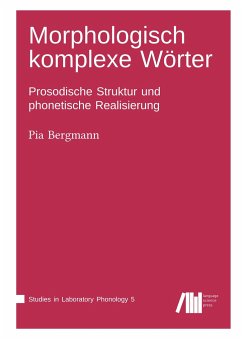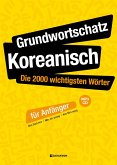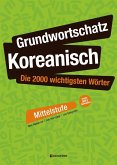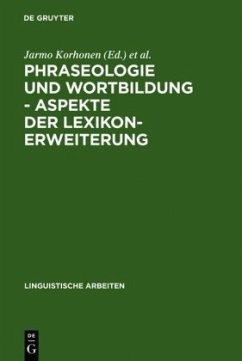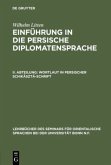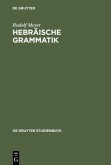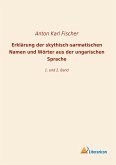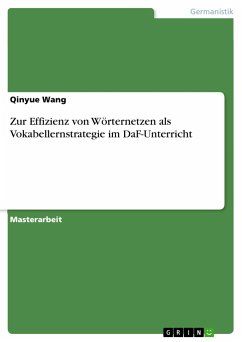Many researchers assume that the relation between morphology and phonology is not a direct one but is modulated by prosodic constituents, particularly the phonological word. Despite the theoretical relevance of the phonological word in morphophonology, phonetic investigations of the realization of (complex) words are still rare. The book aims to shed some light on this issue. On the basis of about 3800 tokens from experimentally elicited and spontaneous speech, it investigates the prosodic boundary phenomena glottal stop insertion / glottalization and degemination, as well as durational reductions and /t/-deletions in the vicinity of a morphological and/or prosodic boundary. Informed by findings from usage-based accounts of language, it systematically introduces token frequency and other potentially influencing factors into the analysis. The results yield a rather complex picture that, on the whole, corroborates the relevance of the phonological word as an interface domain between morphology and phonology. At the same time, the results underline the necessity to consider usage-based factors such as frequency, thus all in all lending support to so-called hybrid models of language.
Hinweis: Dieser Artikel kann nur an eine deutsche Lieferadresse ausgeliefert werden.
Hinweis: Dieser Artikel kann nur an eine deutsche Lieferadresse ausgeliefert werden.

